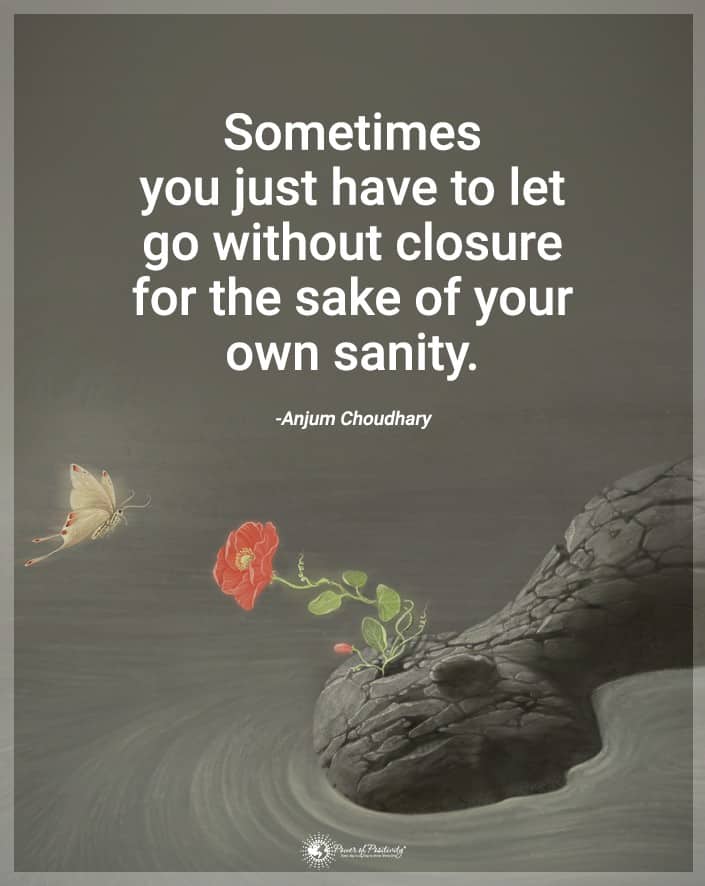Have you ever had so much going on that you wound up nearly completely shutting down altogether? Being overwhelmed like this can be not very comforting. If that feeling lingers, it can affect your everyday tasks and life in unwanted ways. How can you fight these feelings and reclaim your natural power and capability? Here are four practical ways never to feel overwhelmed again.
1. Get Better At Management
Being overwhelmed is often a mark of poor management. Many people think they don’t have time to perform management tasks properly. Still, they don’t realize that they’ll wind up taking even longer than intended to finish everything on their schedule by not managing themselves well. It’s no wonder they’re so overwhelmed! Here are some tips for getting better at management:
· Set Up A System For Time Management
Everyone has a certain amount of time that they can use in their day, and overall, everyone is granted the same number of hours per day and days per week. Why, then, do some people seem overwhelmed, and others don’t, even when they work the same job? Well, it’s all about managing that time. Studies have found that learning positive time management techniques can be beneficial to mental wellbeing, including depression, anxiety, and even quality of sleep. There are plenty of pieces of advice available for the best time management strategies. Try them out and see what works best for you!
· Determine What Is And Isn’t Urgent
Some people feel best about themselves when they are very productive, but the truth is that many people equate being busy with productivity when that’s not the case at all. Being busy all the time and always keeping yourself moving can contribute significantly to feelings of being overwhelmed. You’ll feel like everything has to be done now and under time pressure! Instead of falling into this trap, take a step back and breathe and separate your tasks. Which ones are urgent and which ones aren’t? Which ones need your immediate attention, and which ones can wait? Use this to determine how to split your time less overwhelmingly.
· Write Things Down, So You Don’t Feel Overwhelmed
Some people pride themselves on having a good memory and try to remember everything, wearing that as a badge of honor. But not only is this viable, not the most effective management method, but it also may be making you overwhelmed. If you’ve been feeling lost lately, it may be because there’s already too much in your head for any more to get wedged in. The human brain is not designed for foolproof, conscious storage – it’s meant to be used for processing! Let it do its job and focus on writing down goals, schedules, tasks, deadlines, and even thoughts that you want to remember to manage them more accurately.
2. Learn To Let Go
The thoughts you hold in your mind can crowd your brain and make it challenging to make space for important things now. You have to let go of these things you hold onto so desperately to reduce those overwhelmed feelings. There is wisdom in knowing what is not worth holding onto, and you can be thankful for the lessons you’ve learned from those things without keeping them in your mind forever. Here are some things that you may need to let go of:
· Guilt
A lot of people feel guilt over things that aren’t deserved. You may feel guilty for not having done enough in a situation where you genuinely couldn’t do much more, or you may feel guilty for not noticing things, or you may feel guilty for not measuring up to expectations. None of these things are worthy of guilt, and feeling guilt will only overwhelm and stifle you. What about for things, where you did make mistakes and guilt was warranted? Well, then you must learn from those mistakes and then release your guilt all the same! Nothing can be gained from hanging onto guilt.
· Comparison
It’s easy to compare yourself to other people you perceive as more successful, more attractive, capable, skilled, or more driven than you. But remember that whenever you do this, you’re comparing your most profound knowledge of your worst sides to the surface-level projection of other people’s most positive sides. That’s always bound to overwhelm you, and it’s uneven from the start – so why even bother?
· What You Can’t Control
You can’t control everything in life. In fact, most things you’ll see are far beyond your control, and obsessing over trying to have as much of a rein on them as possible can be very distressing and overwhelming, especially since that’s unlikely to work or bear any fruit. You’ll get more overwhelmed when you fail to control outcomes. Instead, learn to let go of the things that you can’t determine or guarantee the results of. Focus, instead, on positive thinking on the things that you can control.
· The Past
The things that you’ve experienced in your life may contribute to feelings of being overwhelmed. It’s more complicated than it sounds to let go of such painful things, of course, but you can learn to overcome them one step at a time. Count your breaths out and in, and remember that your past does not define you and that you are more than what you have been through. When thoughts of the past come back to haunt you, acknowledge them respectfully, but remind yourself that these thoughts no longer serve you. You have learned your lessons and have grown more potent for it – and it’s time to let go.
3. Whittle Down Commitments
Overcommitting is a common cause of being overwhelmed. You have so much to do, and you have people who expect you to do it. But now your schedule is so complete that you have no time even to breathe! Learning to choose commitments properly is, therefore, a must for positive thinking. Here are some ways to whittle down commitments:
· Make Time For What You Love
When you’re overwhelmed, it’s easy to lose sight of the things you love and forget to make time for them as you scamper and scurry to other commitments, left and right. But studies show that making time for hobbies works wonders on your positive thinking, and it can help you reconnect with things that relax and delight you. Remember that you need to make time for the things you love, too – and those things are more important than random commitments if you want to stay sane!
· Learn To Say “No.”
Being a people-pleaser can be detrimental to you, filling you to the brim with tiring commitments even though you don’t have any more space on your calendar. It’s hard to say “no” when you want to make others happy or even seek their validation. But when you overcrowd your schedule by making so many commitments to others with “yes”es and “of course”s, you’re setting yourself up to burn out and even not to be able to meet those commitments at all. Learn who is worthy of your time, who is simply using you, and when you need to take a break, regardless of who is asking for the favor.
· Set Gentle Boundaries First
Suppose you have trouble turning down specific commitments, gently set boundaries, and work yourself up to braver and bolder statements. Tell others what your priorities are. Explain the state of your schedule. Then say these words: “I’ll get back to you,” or something similar. This shows that you are a whole person with your tasks and a lot on your plate; you’re not there to fill the needs of others constantly.
4. Avoid Distractions to Avoid Feeling Overwhelmed
Distractions eat up your time, take up your senses, and drown out what you need to do. It’s normal to get overwhelmed when you can’t even focus on being productive! Here are some ways to avoid distractions:
· Limit Attention To Devices
Smartphones, tablets, gaming consoles, and even just the vast expanse of the Internet and social media can be very attention-grabbing. If you let yourself be distracted by them, it’s easy to feel overwhelmed. Set time limits for these things, limiting yourself to a certain amount of time on them before you turn them off. Put your phone on silent mode, leave the TV and games for later, and turn off devices that keep your attention for too long. You get to decide what you spend your time on, after all.
· Don’t Fall Victim To Bad Habit Perpetuation
There are many bad habits out there that people perform, and some are more harmful than others. But when it comes to being overwhelmed, it’s best to avoid or limit them as much as possible. Bad habits weigh on the mind and soul, depleting positive thinking and making productivity harder. Things like gambling, drinking in excess, and other similar patterns can bleed into your everyday life and make you feel overwhelmed.
· Don’t Multitask
People everywhere like to brag about their ability to multitask, but studies prove that this isn’t a positive way to work at all. In fact, doing multiple tasks at once can force self-interrupting. As a result, it leads to an overall longer time taken than if you had done those tasks separately. Your brain has to work extra hard to keep up with all the task-switching it’s doing, which can make you feel overwhelmed very quickly.
· Stop Thinking About Other Timelines
As you are right now, you are currently present in the actual state of your current reality. You can’t go back and undo the past, and you can’t go forward and predict the future. Ruminating over things to come and things that have passed will only overwhelm you further, as there’s no solution to the thoughts you experience about them. Instead, focus on your world right now. Ask what the most important thing at the moment is and devote yourself to acting on that.
Final Thoughts On Some Effective Ways Never to Feel Overwhelmed Again
It would be best if you didn’t have to feel overwhelmed all the time, or even at all. Learning to manage your time, thoughts, and commitments while avoiding distractions can help you avoid such experiences positively. Additionally, it promotes better productivity, lower stress levels, and improved well-being.



















